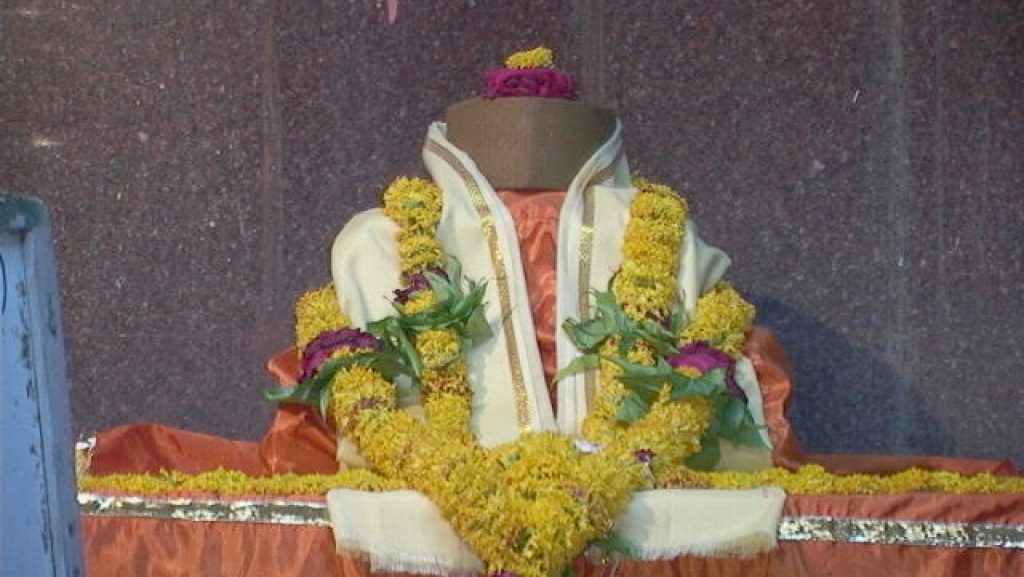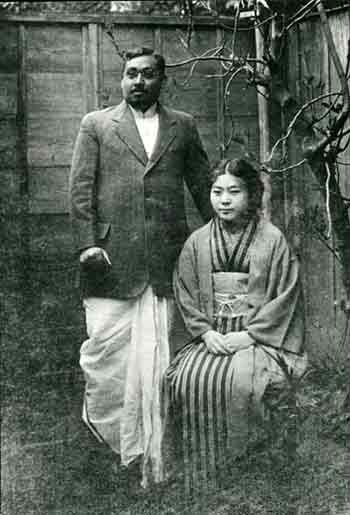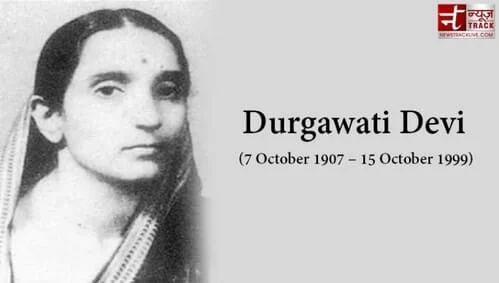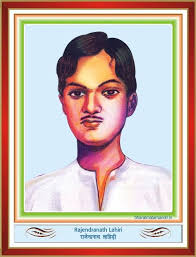Mukundraj, also known as Mukundaraja, was a prominent Marathi poet and saint who lived during the 13th century. He is revered as one of the earliest poets of Marathi literature and is best known for his composition “Vivekasindhu” (The Ocean of Wisdom), which is considered a foundational text in the bhakti tradition of Maharashtra. Mukundraj’s life, works, and contributions have had a profound impact on the cultural and literary landscape of Maharashtra, leaving a lasting legacy that continues to inspire generations of poets and scholars.
Early Life and Background
Mukundraj was born in the village of Patan in Maharashtra, India, around the 13th century. While specific details about his birth and family background are scarce, it is believed that he belonged to a Brahmin family and received a traditional education in Sanskrit and Hindu scriptures. His early exposure to spiritual teachings and scriptures likely played a crucial role in shaping his later philosophical and poetic outlook.
Journey of Spiritual Awakening
Like many saints and poets of his time, Mukundraj embarked on a spiritual quest to seek deeper meaning and understanding of life. His spiritual journey led him to encounter various philosophical schools and religious traditions prevalent in medieval India. He delved into the teachings of Advaita Vedanta, which emphasizes the non-dual nature of reality, as well as the devotional paths of bhakti, which emphasize love and devotion to a personal deity.
Encounter with Namdev
One of the significant influences on Mukundraj’s spiritual and literary journey was his encounter with the revered saint-poet Namdev, who was also a prominent figure in the bhakti movement of Maharashtra. Namdev’s teachings and devotional songs deeply resonated with Mukundraj, igniting a profound spiritual transformation within him. The meeting with Namdev not only inspired Mukundraj to deepen his devotion but also influenced his poetic expression and style.
Composition of Vivekasindhu
Mukundraj’s most celebrated work, “Vivekasindhu,” is a devotional and philosophical treatise written in the form of a dialogue between a guru (teacher) and a disciple. The text is divided into several sections or waves (sindhus), each exploring different aspects of spiritual wisdom, devotion, ethics, and metaphysics. “Vivekasindhu” is written in Marathi, making it accessible to the common people of Maharashtra and contributing significantly to the development of Marathi literary tradition.
Themes Explored in Vivekasindhu
- Bhakti and Devotion: Mukundraj emphasizes the importance of unwavering devotion (bhakti) to God as a path to spiritual realization and liberation (moksha).
- Jnana (Wisdom) and Viveka (Discernment): The text delves into the nature of true wisdom (jnana) and the ability to discern between the eternal (truth, consciousness) and the transient (illusion, material world).
- Ethical Conduct: Mukundraj stresses the significance of ethical living, righteousness (dharma), and compassion in one’s spiritual journey.
- Detachment and Renunciation: The concept of detachment from worldly attachments and the path of renunciation (sannyasa) as means to transcend mundane existence are explored in the text.
- Unity of Existence: Mukundraj discusses the underlying unity of all existence, emphasizing the non-dual (advaita) nature of reality.
Influence and Legacy
Mukundraj’s “Vivekasindhu” had a profound impact not only on the literary and philosophical traditions of Maharashtra but also on the broader cultural and spiritual landscape of India. His lucid and accessible style of writing in Marathi helped popularize philosophical concepts and devotional ideas among the masses, transcending linguistic and social barriers.
Influence on Bhakti Movement
Mukundraj’s work contributed significantly to the Bhakti movement in Maharashtra, which emphasized personal devotion and direct connection with the divine. His writings inspired subsequent generations of bhakti poets and saints, including the likes of Eknath, Tukaram, and Ramdas, who further enriched Marathi literature with their devotional compositions.
Literary and Linguistic Contribution
As one of the earliest known Marathi poets, Mukundraj played a pivotal role in the development and standardization of the Marathi language for literary expression. His use of Marathi, a language accessible to the common people, helped bridge the gap between scholarly Sanskrit texts and the vernacular, making profound philosophical and spiritual ideas accessible to a wider audience.
Spiritual and Philosophical Legacy
Mukundraj’s teachings on devotion, wisdom, ethics, and non-duality continue to resonate with spiritual seekers and scholars alike. His emphasis on the unity of existence and the path of devotion as a means to transcendental realization remains relevant in contemporary discussions on spirituality and philosophy.
Mukundraj’s Enduring Relevance
Even centuries after his time, Mukundraj’s works continue to be studied, appreciated, and revered in Maharashtra and beyond. His poetry and philosophy encapsulate timeless truths and insights into the human condition, serving as a source of inspiration and guidance for those on the path of spiritual and intellectual inquiry.
In conclusion, Mukundraj stands as a towering figure in Marathi literature, Bhakti movement, and Indian philosophical thought. His life, writings, and teachings exemplify a harmonious blend of devotion, wisdom, ethics, and a deep understanding of the unity underlying all existence. Mukundraj’s legacy endures through his timeless work “Vivekasindhu,” which continues to enlighten and enrich the hearts and minds of seekers across generations, reaffirming his status as a beacon of spiritual and literary enlightenment in Maharashtra and beyond.






